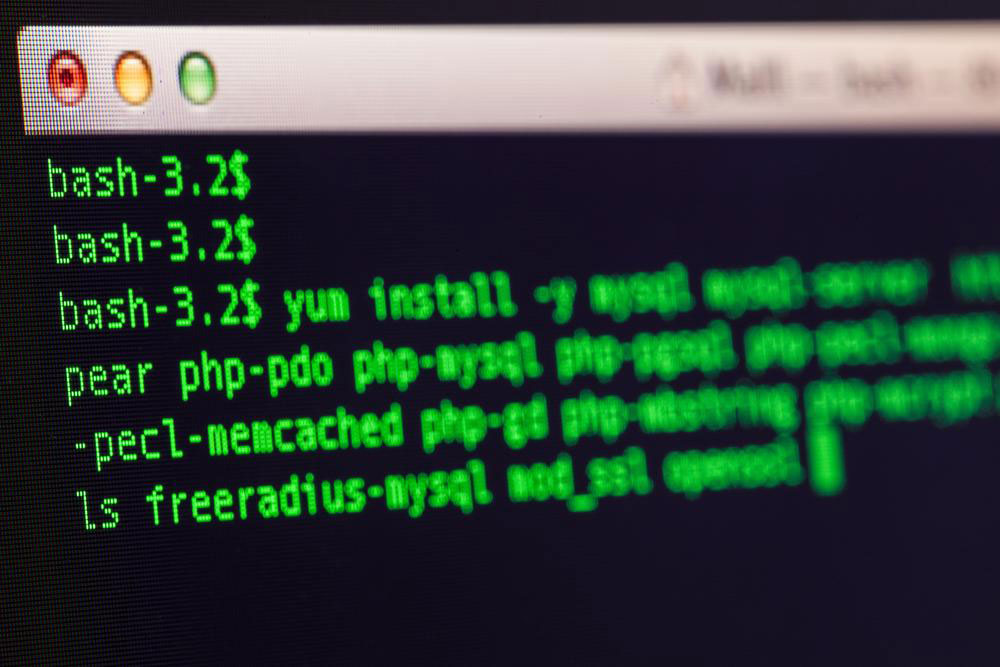Benefits of Mastering Python Programming
Discover the advantages of learning Python, a powerful, easy-to-learn, and versatile programming language used across industries for automation, data analysis, web development, and more. This article highlights key features, benefits, and beginner tips to kickstart your Python programming journey.

Advantages of Learning Python Programming
Why Should You Master Python Programming?
Python is an interpreted, versatile, and object-oriented coding language. It serves as a general-purpose language suitable for web creation, GUI development, and complex scientific calculations. Guido van Rossum designed Python to have a simple syntax and be highly extendable. Its name stems from the 'Monty Python' comedy series from the 1970s.
Why Learn Python? Its features include:
Easy to read and understand
Simple to maintain
Extensive standard library
Supports interactive coding
Highly portable
Easy to extend
Database interface capabilities
Supports graphical user interfaces
Scalable for various project sizes
Top Reasons to Study Python
Powerful and Efficient — Python handles large datasets effectively, thanks to generators and built-in functions, making it ideal for big data processing.
These generators facilitate smooth, iterative handling of data, enabling processing of substantial information iteratively.
Speed and Performance — Thanks to improvements like PyPy, which features a Just-In-Time compiler, Python executes code faster than traditional interpreters, supporting concurrent operations efficiently.
Multi-Industry Application — Python finds use in automation, testing, data extraction, game development, CGI, web apps, animation, and browsers. Its versatility unlocks numerous career opportunities.
Easy Learning Curve — Python's accessibility comes from:
Simplified Syntax — Uses plain English-like commands, avoiding complex syntax.
Flexible Rules — No need for semicolons or rigid formatting like in C or C++.
Enables creating functional, graphical programs with fewer lines of code.
Python boasts widespread support and popularity, making it a dependable skill to acquire.
Complete and Flexible Language — Combining scripting and compiled language benefits, Python offers ease of scripting with the power of compiled tools.
IoT Compatibility — Python is adept at leveraging the Internet of Things platforms.
Open Source Advantage — Its open-source nature allows for modifications and redistribution, encouraging community development.
With Python on your resume, you can explore roles like:
Software Engineer
Data Analyst
Research Scientist
Data Scientist
Web Developer
Ideal for Beginners — Starting points include basic programming know-how, available through trusted online resources and books.
Interpreted Language — Runs directly at runtime, similar to PERL or PHP, enabling immediate code testing and modifications.
Beginner Tutorial Tips
Practice Daily — Regular coding sharpens skills and maintains confidence.
Take Notes — Documenting syntax and tricks aids long-term retention.
Connect with Developers — Engage with programming communities for mentorship and updates.
Debug Yourself — Troubleshoot your own code to deepen understanding.
Pair Programming — Collaborate with peers for shared learning.
Ask Questions — Clarify doubts promptly to avoid confusion.
Build Projects — Create small or large applications to solidify skills.










